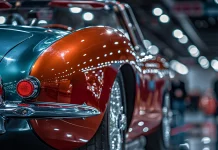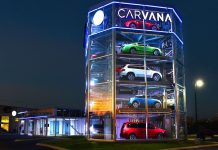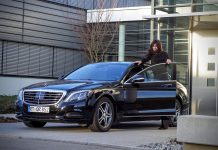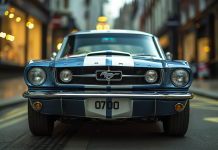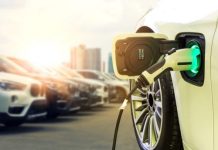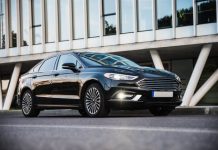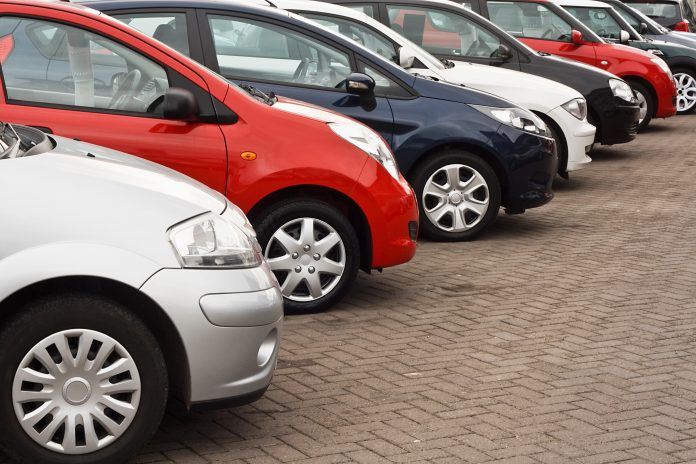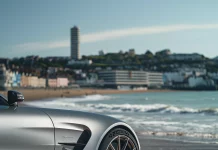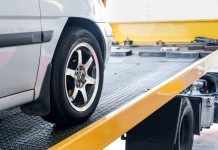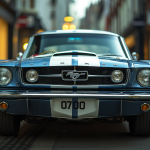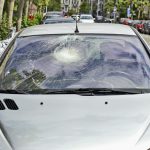In the midst of a fast-changing industry, family owned car dealerships are questioning their future. Should they heavily invest in their yards? Or is it more profitable to monetise by giving up and selling to larger retail dealership chains?
Founded in 1919, the Konner Chevrolet dealership was close to celebrating a century in the industry when the founder’s grandsons sold the successful business in 2017. Dean Konner (one of the founder’s grandsons) likened the situation to a local hardware store competing with a big Home Depot. It was “Doable, but difficult.”
It’s a case of “Grow or Go”
Family owned dealerships had a great run but are now faced with an industry that is revolutionising. Changes like the declining popularity of the ownership model, rising capital demands and consolidation are imminent challenges to privately owned family dealerships.
According to data from the National Automobile Dealers Association in the USA, there has been a decline in single store dealership owners and small chain yard owners in the last ten years (between 2008 and 2018). However, the number of dealers with ten or more stores has increased by 62%.
From this, it is evident that small car yard owners are seriously considering whether it is worth their while to invest heavily into factory mandated facility upgrades that ultimately, do not improve their profitability.
Another aspect to consider is the evolving expectations of customers. As Hawthorne Chevrolet found out, keeping up with the quick, digital and personalised methods of conducting business is essential to retain customers. No one wants to go through piles of paperwork anymore.
Many families are wrestling with the issue of succession given the volatile nature of this industry. While experts imagine that matters will not change greatly for the next five to six years, ultimately, changes are unavoidable.
And the big question is whether these small, family yards would be able to hold on to their value in the long run. According to the 2018 (third quarter) Blue Sky Report by Kerrigan Advisors, succeeding generations see that the industry is going to have significant changes over the next 20 years, leaving their future unsettled.
According to the Harvard Business Review (citing statistics from the Family Business Institute), only 30% of family businesses transition from first to second generation ownership successfully. Only 12% of those transitions to the third generation and a mere 3% to the fourth.
Kerrigan Advisors says that many are concerned that the value of the family business would decline rather than appreciate. This is why several families, like the Konners, are opting to sell to larger chains.
Case in point – Asbury Automotive (No.7 on Automotive News’ list of largest US Dealerships) is set to have what its CEO describes as a “very active year”.
Will the popularity of automated cars affect dealerships?
Speaking of the future, automated cars are no longer a distant dream. Elon Musk is confident that he will releasing a car that can drive to New York from LA without ANY human intervention by the end of 2019.
The list of companies that have invested in these automated automobiles is not restricted to manufacturers like Ford but also include high tech companies like Google. The tech giant has invested billions of dollars to transform this field of personal transportation.
Now that it is no longer a question of ‘if’ automated cars will be a reality, but ‘when’ they will be, what does that mean for car dealerships?
- The proposed popularity and efficiency of automated cars may result in replacing private vehicle owners with fleet operators. This way, individuals have access to a number of models without the hassle of monthly car payments, insurance, depreciation and service. As fleet operators can negotiate minimal transaction costs and maintain service capacity, the role of retail dealers will be minimised.
- The adoption of direct distribution like Tesla’s factory-direct model will result in the circumvention of dealerships altogether.
- There has been a rise in motor vehicle traffic deaths in the US, a trend we may see in NZ soon. For this reason, it is expected that safer cars will be more popular, leaving technologically obsolete cars behind and reducing their resale value considerably.
- Rather than wanting to own cars of their own, it is suggested that millennials would prefer car-sharing models. This removes the need for insurance payments, maintenance costs and parking issues (among others). The ease and widespread availability of ride-sharing could reduce a traditional family’s need to own more than one vehicle.
Despite these changes looming in the horizon, there are those dealers who plan to overcome these challenges by adapting as required. Improve selling strategies and laying out a long term plan to move with the future may mean that the one-on-one service you get at family yards remain viable for some time yet.


